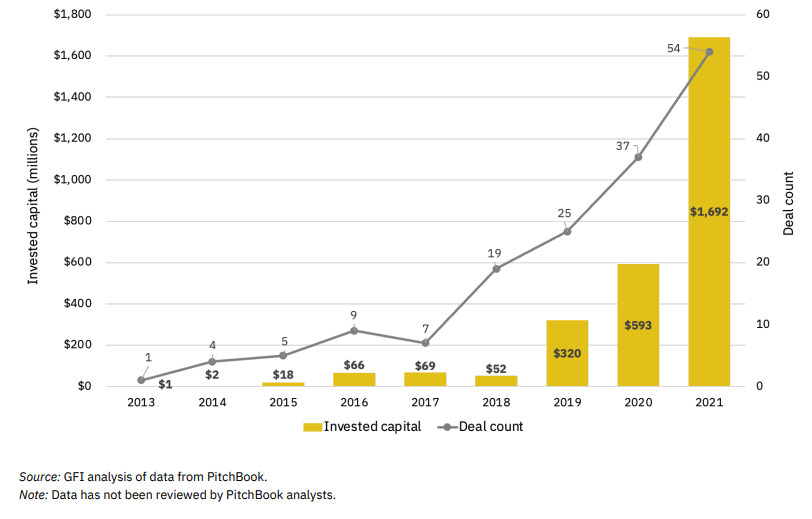Willy Wonka has nothing on food futurists Ahrum Pak and Dr. Johnny Drain. While there may be no golden tickets inside their alt-chocolate, they promise all of the taste of the real thing without any environmental harm and labor abuse. It’s not a trick—it’s pure science with more than a touch of creative artistry.
London-based WNWN (that’s Win-Win), the company behind this cacao-free treat, uses a version of fermentation that’s been around for thousands of years instead of precision fermentation, a more complex and costly process that is challenging to scale. “Our approach is rooted in traditional fermentation techniques. We use a suite of microbes and a process that is not too dissimilar to how a baker might work or how a winemaker would work,” CTO Drain told The Spoon In a recent interview.
In WNWN’s approach, a substrate (in this case, British Barley) is combined with an assortment of microbes to produce a brown paste that skips the shelling and roasting process of traditional chocolate making. The paste then goes through the standard chocolate-making process, which includes running the paste through a melanger machine and placing the finished product into individual molds.
While British Barley is being used initially as a substrate, Drain says that other cereal grains (including ones that are non-gluten) and other plant-based ingredients can be used for the alt-cholate fermentation.
“The more you learn about some of the things you love, the more you learn horrifying stories,” Pak, a former executive in the finance industry, says of her company’s dual mission. “Because of the global food chain, the way we grow food now is unstable and unethical in many ways.”
“Chocolate has a truly dark side with more than a million child laborers estimated to work in Ivory Coast and Ghana, where three-quarters of the world’s cacao is grown, and more CO2 emissions pound for pound than cheese, lamb or chicken,” CTO Drain said.
Pak and Drain landed on chocolate partially by accident but also because of the limited number of companies tackling this popular treat. Drain, a master fermenter, who went to school in Bournville, the company town built by Cadbury, recalls the aroma of chocolate when he would head out from his classes and feels it’s part of his legacy. That makes him a lot more like Willy Wonka than the fictitious Ronald Dahl character. Before his work with WNWN, Dr. Drain traveled the world, working with noted restaurants and developing new flavors based on his fermentation skill.
“We are in a golden age of food science,” the company CTO said. “We’re just starting to break down what is in a bar of chocolate to characterize it and create a chemical fingerprint. We explored how we end up getting a chocolate flavor profile that is in a cocoa bean.”
For possible legal and marketing reasons, Drain and Pak said they cannot call their product chocolate and have toyed with a few names, including “chok.” Beyond selling it in retail, initially in the form of a thin or wafer, Pak believes there is a solid B2B play where WNWN’s “chocolate” can be used by companies that use chocolate on cookies, cakes, or anything that currently uses cacao-based chocolate.
WNWN won’t stop with revolutionizing the world of chocolate. The company plans to explore how other foods can be safe from changing climates, biodiversity loss, and poor working conditions. These include coffee, tea, and vanilla, which have supply chains mired in unethical and unsustainable practices.
WNWN’s alt-chocolate will be available starting May 18 exclusively on the company’s website. Each box sells for £10 GB (about $12.50 U.S.), on a par with premium dark chocolates.























